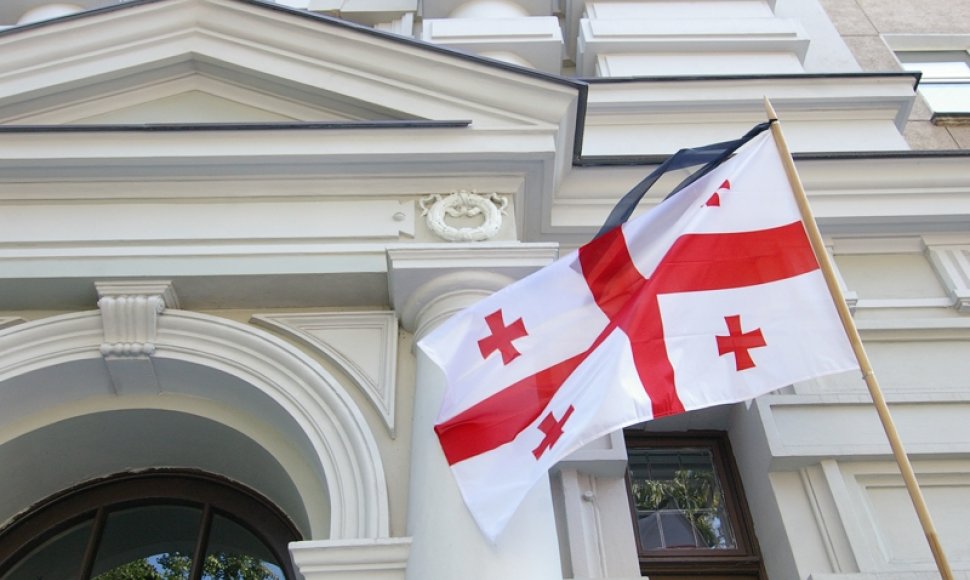Members of the Parliamentary Group for Historical Memory and Justice sent a letter to Georgian Parliamentary Speaker David Usuphashvili, expressing support to the efforts to preserve historical memory.
"Georgia's efforts of preserving the historical memory are important to all countries that have survived criminal totalitarian regimes. This is what Lithuania and Georgia share – both countries survived the most terrible forms of these regimes. Tragic and enormous losses still influences evolution of our countries and does not allow forgetting the memory of the victims of the regimes. This motivates us to preserve the historical memory and never let anybody erase it from our memories," Arvydas Anušauskas, chairman of the parliamentary group, said.
The Soviet occupation museum in the Georgian capital was opened in 2006. Following last year's parliamentary elections in Georgia, supporters of Communism have become increasingly active in the country. They have demanded closure of the museum or a change of its name, revision of its status.
The Society of Irakli II has said that existence of the museum impeded the efforts of securing better relations with Russia. However, the Culture Ministry did not support the call.
More than 80,000 Georgian citizens were shot to death between 1921 and 1953, in addition to more than 200,000 who were deported.












